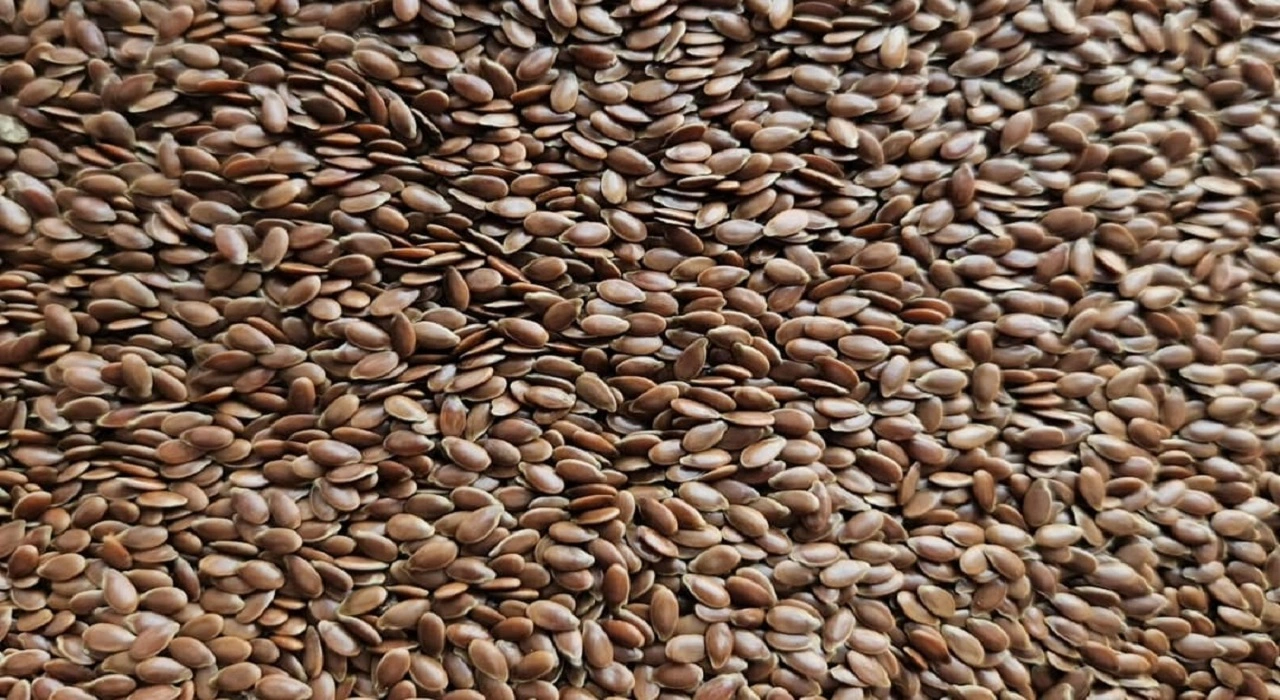Introduction
In the world of superfoods, flax seeds have made a name for themselves as a small but mighty addition to a healthy diet. Whether sprinkled on your breakfast bowl or blended into your smoothie, flax seeds are packed with nutrients and health benefits. In this article, we’ll explore what makes seeds so special, how they can improve your health, and the easiest ways to add them to your daily routine.
What Are Flax Seeds?
Flax seeds, also known as linseeds, are tiny, flat seeds that come from the flax plant (Linum usitatissimum). They have been used in traditional medicine and food for thousands of years. These seeds are usually golden or brown in color and have a slightly nutty flavor.
Though small in size, flax are rich in nutrients, especially fiber, omega-3 fatty acids, protein, and antioxidants. They’re commonly consumed whole, ground, or as flaxseed oil.
Nutritional Profile of Flax Seeds
Flax seeds are loaded with essential nutrients. A tablespoon (about 10 grams) of whole flax seeds contains:
- Calories: 55
- Fiber: 2.8 grams
- Protein: 1.9 grams
- Fat: 4.3 grams (mostly healthy fats)
- Omega-3 fatty acids: 2,350 mg
- Lignans: Powerful antioxidants
- Vitamins and Minerals: B1, magnesium, phosphorus, copper, and selenium

9 Health Benefits of Flax Seeds
1. Rich Source of Omega-3 Fatty Acids
Flax seeds are one of the best plant-based sources of alpha-linolenic acid (ALA), a type of omega-3 fatty acid that supports heart health and reduces inflammation.
2. Excellent for Digestion
The high fiber content in seeds, especially insoluble fiber, helps improve bowel movements and can prevent constipation. They also promote gut health.
3. Heart Health Support
Research suggests that flax seeds can help lower LDL (bad) cholesterol and blood pressure. The omega-3s and lignans in seeds support healthy arteries and reduce the risk of cardiovascular disease.
4. Helps Manage Blood Sugar Levels
For people with diabetes, flax may help regulate blood sugar thanks to their fiber content, which slows down the release of sugar into the bloodstream.
5. Weight Management
Flax can help you feel full for longer due to their fiber and protein content. This reduces overall calorie intake, supporting healthy weight loss or maintenance.
6. Hormonal Balance
Flax are rich in lignans plant compounds that mimic estrogen in the body. These may help balance hormones, especially in women during menopause.
7. Improves Skin and Hair Health
The healthy fats and antioxidants in seeds can nourish your skin and make your hair shinier and stronger.
8. Anti-Cancer Properties
Some studies suggest that seeds may reduce the risk of certain cancers, particularly breast, prostate, and colon cancer, thanks to their lignan and antioxidant content.
9. Supports Brain Health
Omega-3s in seeds are crucial for brain function and may reduce the risk of cognitive decline with age.
How to Use Flax Seeds in Your Diet
Adding flax seeds to your meals is easy and doesn’t require a major change in your routine. Here are some simple ideas:
- Ground flax seeds can be added to smoothies, oatmeal, or yogurt.
- Sprinkle whole flax seeds on salads, toast, or soups.
- Mix into dough when baking bread, muffins, or pancakes.
- Add to energy balls or protein bars for a nutrition boost.
- Use flaxseed oil as a salad dressing (avoid cooking at high heat as it can damage the oil).
Note: It’s best to consume ground flax seeds rather than whole, as they are easier to digest and provide better nutrient absorption.
How Much Flax Seed Should You Eat Per Day?
Most experts recommend 1–2 tablespoons of ground flax seeds daily to enjoy their health benefits. Drink plenty of water when increasing your fiber intake to avoid digestive issues.
Precautions and Side Effects
While flax seeds are generally safe, a few precautions should be kept in mind:
- Start slow: Introducing too much fiber too quickly may cause bloating or gas.
- Pregnancy and hormones: Women with hormone sensitive conditions should consult a doctor before consuming large amounts of flax seeds.
- Medication interaction: Flax seeds may interfere with blood thinners or diabetes medications, so speak to a healthcare provider if you are on such prescriptions.
Final Thoughts
Flax are tiny powerhouses of nutrition. From improving heart health to supporting digestion and skin health, their benefits are truly impressive. Easy to incorporate and affordable, flax seeds are a smart choice for anyone looking to boost their overall well-being.
If you’re searching for a simple way to upgrade your meals, consider adding flax to your daily diet. Your body will thank you for it!
Frequently Asked Questions (FAQs)
Q1. What is the best way to eat flax seeds?
The best way to eat seeds is ground, as your body can digest them more easily and absorb more nutrients. You can add them to smoothies, oatmeal, or baking recipes.
Q2. Can flax help with weight loss?
Yes, seeds are high in fiber and protein, which help keep you full and reduce overall calorie intake, supporting healthy weight loss.
Q3. Is it safe to eat seeds every day?
Absolutely! Eating 1–2 tablespoons of ground seeds daily is safe for most people and provides many health benefits.
Q4. Can I eat seeds raw?
Yes, raw seeds can be eaten, but grinding them makes them more digestible. Whole flax seeds may pass through your system undigested.
Q5. What’s the difference between seeds and chia seeds?
Both are nutrient rich, but seeds are higher in omega-3 fatty acids while chia seeds offer slightly more calcium and fiber. They can both be included in a healthy diet.